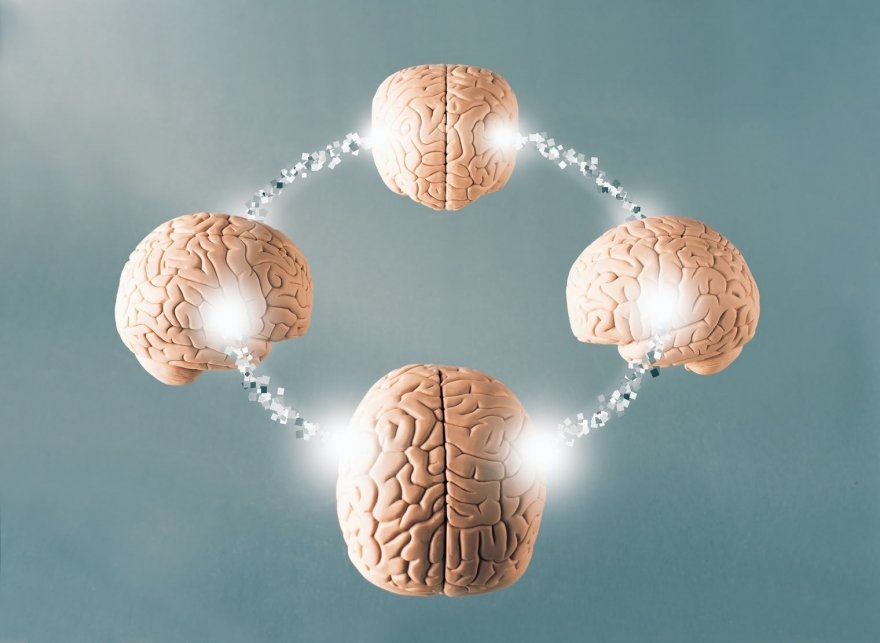
Intuition is Systems Thinking. Newton and Einstein Were Spiritual. More.
Intuition is subconscious pattern recognition that enables us to navigate complex and uncertain terrain with surprising efficacy. It's a non-analytical, unconscious mode of thinking, deeply rooted in our past experiences and the intricate patterns we've observed over time. This approach, reminiscent of how Steve Jobs envisioned and executed his ideas, might be seen as more biased than its analytical counterpart. And yet, despite its reliance on the subconscious, it's been the cornerstone of some of the most impressive companies in history; Reed Hastings at Netflix and Yvon Chinard at Patagonia, for example.

Andrew Tate, Brave Cowards, and Masculinity
I had never heard of Andrew Tate before a few weeks ago when someone told me he was the top influencer among teenage boys. I care greatly about young men and boys and how society shapes them, so I looked him up. It didn’t take me long to recognize a few familiar traits: arrogance, pride, and anger.
Boys are looking for strong men to follow. Arrogance and pride have a way of forming a mask that looks like strength, and it can instill a feeling of confidence in many of those who see it. This I know because I wore that mask for a long time, I was indeed proud, and a lot of people were fooled into thinking I was strong and courageous. The boys who admire Tate and those like him are being misled. Prideful people can be brave, but they don’t have true courage. For that reason, they can never be fully trusted.

Elevating Consciousness Elevates Performance
Empirical evidence overwhelmingly supports the notion that elevating one's consciousness leads to a corresponding elevation in performance across a wide range of domains. Thus, individuals and organizations alike would be well-served to prioritize the cultivation of heightened states of consciousness as a means of achieving optimal performance.

Expanding Team Consciousness (and what that even means)
Our need to analyze, measure, and prove stuff has led us to forget a lot of what it really means to be human, to be conscious. Einstein had this to say about it: "The intuitive mind is a sacred gift, and the rational mind is a faithful servant. We have created a society that honors the servant and has forgotten the gift." It was his ability to lead with intuition that separated Einstein from most of his all-rational peers.

Strategy < Culture < Structure
The value of decentralization is nothing new - this is why the Apaches defeated the superior Spanish Army for centuries and why the VietCong (and later al-Qaida) gave the US a hard time, despite the clear US advantage of sophistication. However, after recently reading up on beginner-level physics, I found an interesting lens through which to expand on the concept of centralization of management.

Antifragility Goes Beyond Resilience, But Then What?
By possessing these traits, an antifragile system is able not just to survive but actually benefit from changes and stress in its environment, continuously improving and evolving. From a team leader’s perspective, these traits are difficult to establish but can be done primarily through building a thoughtful culture and identity. But what state can an entity that is resilient and also antifragile evolve to next? What is beyond antifragility?

There’s a Movement in America to Embrace Wisdom, Here’s How it Happened
So here we are, expanding our collective consciousness amidst a revival in interest in ancient philosophy and wisdom. We are also armed with all the impressive inventions and mountains of wealth that our preceding generations built in the name of “fuck the man, I’m getting mine.” That attitude is still in our DNA, but it’s tethered to a more powerful demand for meaning, purpose, and guidance.

The Future of Culture is Spiritual
In nature, the organisms which are the most resilient last the longest. When external factors change, these most vital organisms can maintain homeostasis; weaker organisms cannot and eventually become extinct. This is resilience.
Looking a little bit deeper at this biological concept and analogy reveals an exciting insight into ways we can shape our organizations to respond to changing external conditions.

The Discipline Trap
The idea that discipline will bring you freedom is absurd. I saw it on a bumper sticker a few weeks ago ad now I see it everywhere. Before I explain and set you on a better path to freedom, let’s define freedom first. From Webster: freedom is the “absence of necessity, coercion, or constraint in choice or action”. To put it differently and take it a little deeper, true freedom lies in being fully present and letting go of the past and future. In other words, true freedom is not found in external circumstances, but rather in one’s internal circumstances. Don’t get me wrong, discipline got me through SEAL training and paid for my house, but it’s far too limiting to put all of your chips on it - it can never bring you freedom. Freedom isn’t having a private jet - freedom is having your private jet stolen and still feeling good about life. Let’s discuss.
